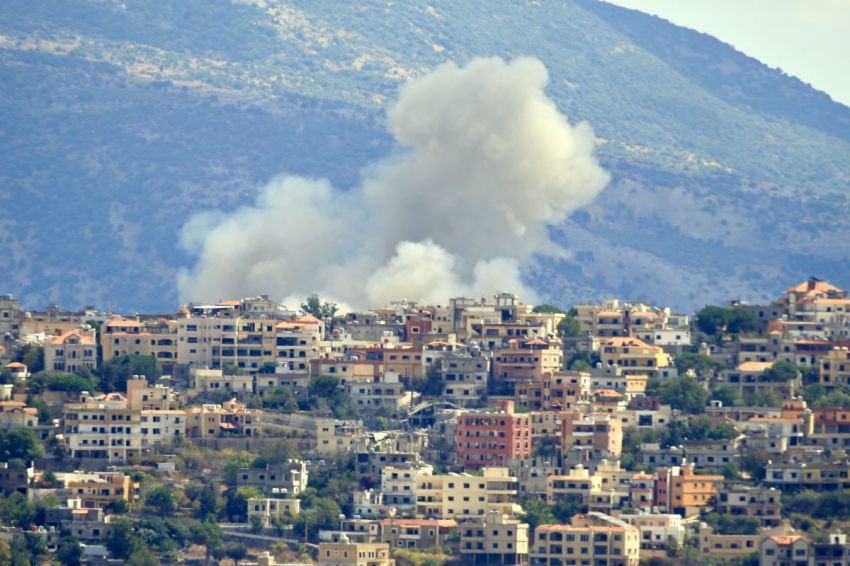Israel, Hezbollah reach ceasefire deal; Netanyahu will 'respond forcefully' to violations

Israel and the Lebanon-based, Iranian-backed Islamic militant group Hezbollah have reportedly reached a ceasefire arrangement brokered by the United States and France to end over a year's worth of fighting, which, if honored, will last for 60 days.
The agreement is slated to take effect early Wednesday morning, with it being quickly given an approval vote from Israeli Prime Minister Benjamin Netanyahu's cabinet, reports The Associated Press.
"The length of the ceasefire depends on what happens in Lebanon," Netanyahu said during a speech Tuesday. "We will enforce the agreement and respond forcefully to any violation. We will continue united until victory."
"With the United States' full understanding, we maintain full freedom of military action. If Hezbollah violates the agreement and tries to arm itself, we will attack. If it tries to rebuild terrorist infrastructure near the border, we will attack. If it launches a rocket, if it digs a tunnel, if it brings in a truck carrying rockets, we will attack."
In a statement, U.S. President Joe Biden said the agreement followed "weeks of tireless diplomacy."
"The announcement today will cease the fighting in Lebanon, and secure Israel from the threat of Hezbollah and other terrorist organizations operating from Lebanon," Biden said. "This announcement will create the conditions to restore lasting calm and allow residents in both countries to return safely to their homes on both sides of the Blue Line. The United States and France will work with Israel and Lebanon to ensure this arrangement is fully implemented and enforced, and we remain determined to prevent this conflict from becoming another cycle of violence."
Netanyahu's chief reasons for seeking a ceasefire agreement included wanting to "focus on the Iranian threat," to "give our forces a breather and replenish stocks" and to "separate the fronts and isolate Hamas."
A Hezbollah senior official said Hezbollah leaders had yet to see the written agreement in its final form.
"After reviewing the agreement signed by the enemy government, we will see if there is a match between what we stated and what was agreed upon by the Lebanese officials," Mahmoud Qamati, deputy chair of Hezbollah's political council, told Al Jazeera, according to AP.
"We want an end to the aggression, of course, but not at the expense of the sovereignty of the state" of Lebanon, he said. "Any violation of sovereignty is refused."
Regional unrest has seen Israel battling Iranian-backed terror groups on multiple fronts following Hamas' unprovoked Oct. 7, 2023, attack on southern Israel that resulted in nearly 1,200 dead, mostly civilians. Among those killed were 40 Americans. Around 250 were taken hostage by Hamas, a terror group that has controlled the Gaza Strip since 2007.
Israel struck back with multiple air strikes in Gaza, followed by a ground offensive, which had as its stated goals the destruction of Hamas and the rescue of the hostages.
According to the Gaza Health Ministry, run by the Hamas government, over 40,000 people have been killed in Gaza since the conflict began. However, those figures do not differentiate between unarmed civilians and armed combatants.
In addition, Israel has been trading rocket fire with Hezbollah in Lebanon since October 2023. Fighting escalated this September as Israel launched a limited ground offensive and increased bombardments.
The ceasefire comes amid a rising number of attacks across the border, as Hezbollah had reportedly fired thousands of rockets into northern Israel, prompting many to flee south.
Lebanese officials say over 3,000 people have been killed during the uptick in fighting, and hundreds of thousands have been displaced. The conflict has been described as Lebanon's deadliest in decades. Israel has already killed much of Hezbollah's senior leadership, including its leader, Hassan Nasrallah.



























